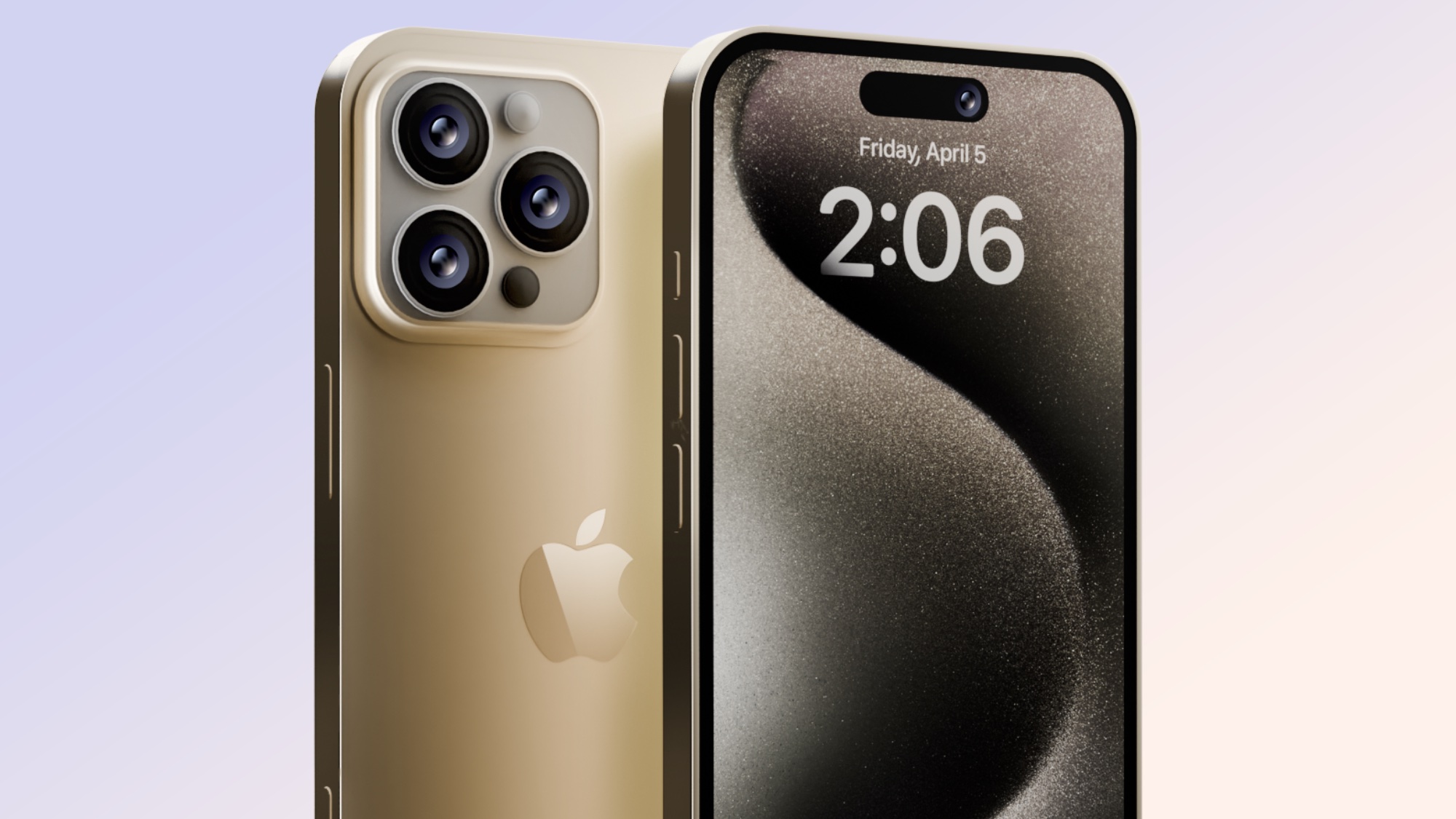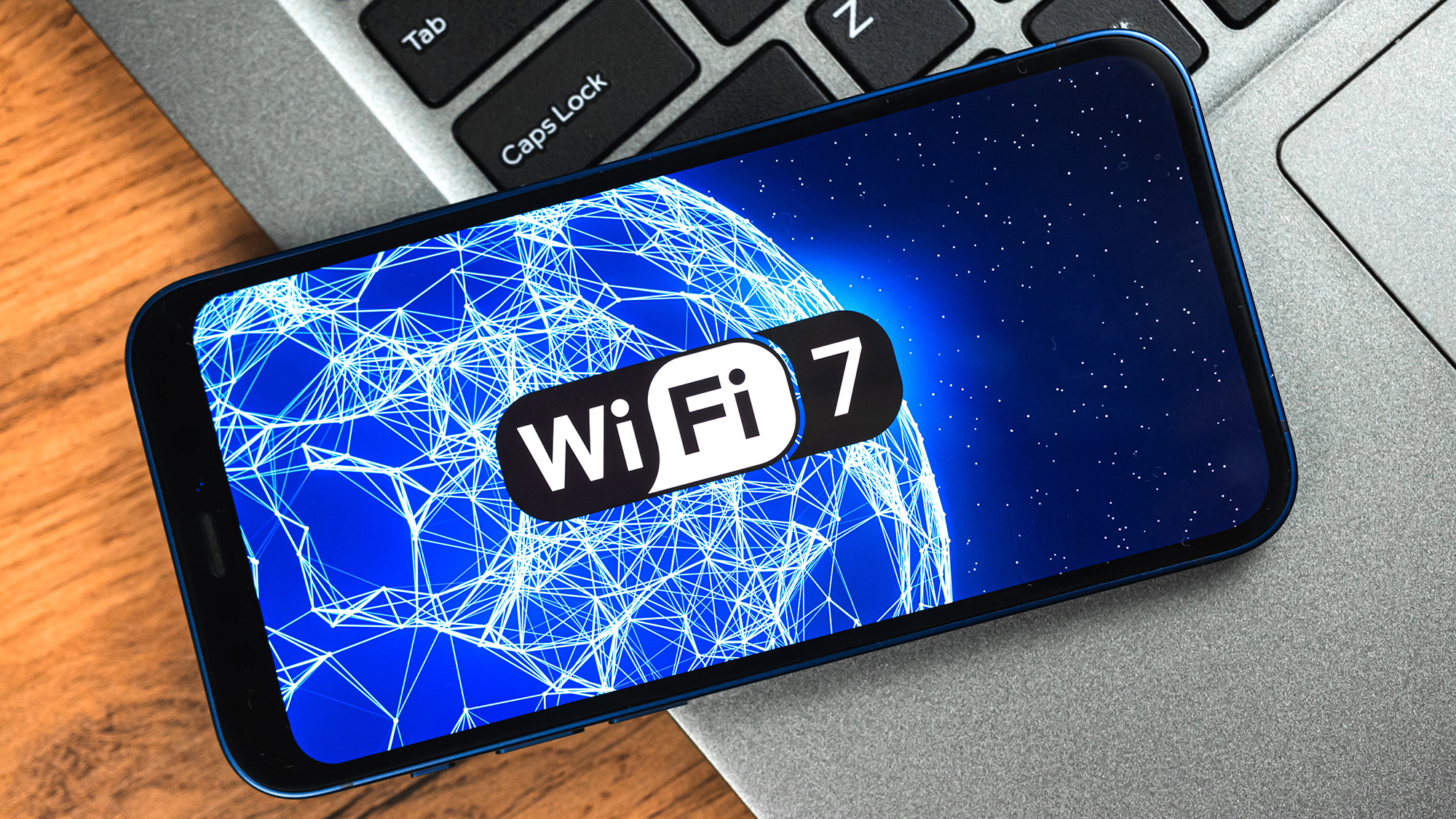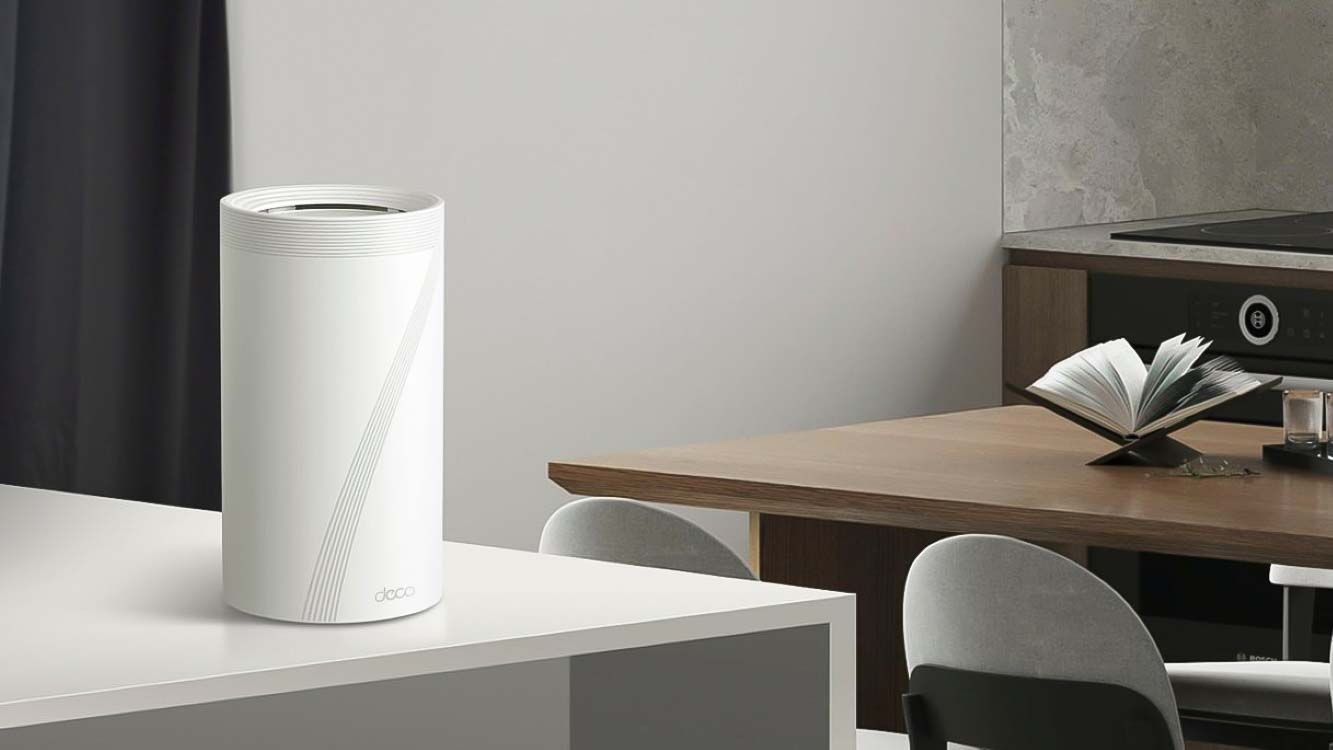
There's a ton of intriguing iPhone 16 Pro and iPhone 16 Pro Max rumors floating around as we inch closer to Apple's usual big September event. And I recently recapped the 7 biggest iPhone 16 Pro Max rumored upgrades to help make sense of all the leaks. But there's one new feature in particular that has me excited for this new flagship.
Don't get me wrong. I think Apple potentially giving both new iPhone Pros larger displays (6.3 inches for the iPhone 16 Pro and 6.9 inches for the iPhone 16 Pro Max) will likely grab a bunch of headlines, as will the rumored new Capture button. Apple will also probably make a huge deal out of its new AI features, some of which will come alongside iOS 18 and some that may be exclusive to the hardware.
But I think the jump from Wi-Fi 6E on the iPhone 15 Pro and iPhone 15 Pro Max to Wi-Fi 7 could be a much bigger deal than you might think. The catch? Wi-Fi 7 is not cheap.
Why Wi-Fi 7 matters

According to analyst Jeff Pu and reported by MacRumors, the iPhone 16 Pro series is tipped to feature Wi-Fi 7 support, which would be the first Apple device to do so. As you'll see in our guide to Wi-Fi 7, there's some serious benefits versus Wi-Fi 6E networking technology.
Wi-Fi 7 devices are able to send and receive data over three bands at once: 2.4GHz, 5GHz and 6GHz. Wi-Fi 6E added support for 6GHz but it can't handle all three bands simultaneously. As a result, Wi-Fi 7 promises faster Wi-Fi speeds and a lot more.
As you'll see based on our testing, the best Wi-Fi 7 routers are very impressive. In fact, the Netgear Orbi RBE973, which is our current top pick, achieved speeds of over 2 Gbps at close distances. But that's only a fraction of what Wi-Fi 7 routers are capable of. They can reach a max speed of up to 46 Gbps.
As our senior networking editor Anthony Spadafora sums up in his 3 reasons why Wi-Fi 7 is the best upgrade for your home network in years, increased speed is only part of the appeal. The wider 320 MHz channels (up from 160 MHz) makes more bandwidth available to your devices. And because there are more channels available at various frequencies, there should be less interference from other nearby routers.
The killer upgrade with Wi-Fi 7 is called Multi-Link Operation, which would enable the iPhone 16 Pro series to connect to multiple bands and channels at once. This means increased throughput and less latency.
Is Wi-Fi 7 too ahead of its time?

Because Wi-Fi 7 is still a relatively new technology, the routers that support the standard are quite pricey. The above Netgear Orbi RBE973 is a mesh Wi-Fi system that starts at $1,699 for a 2-pack and goes up to $2,299 for a 3-pack. The previous Orbi 960 Wi-Fi 6E system is $600 less for the 2 pack and and $1,000 less for the 3-pack.
Meanwhile, the TP-Link Deco BE85 system starts at $499 for a single unit and goes up to $899 for a 2-pack and $1,299 for a 3-pack. That's still steep but more reasonable. Keep in mind though, these are both mesh Wi-Fi systems and not traditional routers. The TP-Link Deco Archer BE800 can be had for $599 and there's even a cheaper version (the Archer BE550) without all of the bells and whistles for just $300.
So what about other Wi-Fi 7 devices? There are plenty of phones out there that support the latest wireless standard, including the Galaxy S24 series, OnePlus 12 and Google Pixel 8 and Pixel 8 Pro.
And there's a good number of laptops starting to support Wi-Fi 7, including the HP Omen Transcend 14, Acer Swift Edge 16, Alienware M18 and MSI Raider. But an important tipping point will come with the arrival of Apple's next MacBooks and iPads.
I suspect that the upcoming iPad Pro 2024 will offer Wi-Fi 7 connectivity, though perhaps not the more affordable iPad Air 2024. We'll have to see. And we may have to wait until Apple's next wave of M4 MacBooks to see Wi-Fi 7 materialize.
Bottom line
Now that more of us are holding onto our phones for 3 years or longer, it makes sense to make your next purchase as future proof as possible. And while I'm excited to see what display, design and camera upgrades Apple has in store for the new iPhone 16 Pro series, the addition of Wi-Fi 7 could have a long-lasting impact as more of us upgrade our routers over the next couple of years.
For now, be sure to bookmark our iPhone 16 Pro rumors hub for all the latest rumors and leaks.







